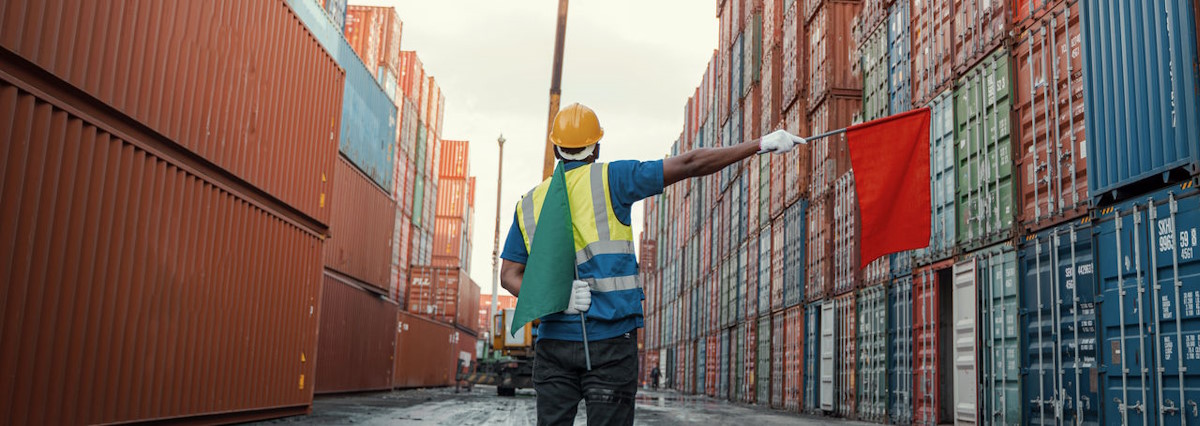How is AI impacting global trade?
Apart from the services offered by gen AI, its popular usage is itself intensifying trade flows in the electronic goods sector. As consumers use more gen AI in their day-to-day tasks, greater demand is generated for the hardware needed to house these operations, such as smartphones, laptops, and servers. Given that the electronic goods sector is linked to supply chains across the world, global trade flows are being supported in part by this heightened demand for electronics.
Another way gen AI is affecting global trade is that exporters are now integrating AI and gen AI tools in their business activities. A key value gen AI offers this sector is the ability to help monitor supply chains more closely. In doing so, gen AI can help exporters manage their inventories. To this point, AI was a top answer when participants in Allianz Trade’s 2024 Global Survey were asked which digital tools would most help with export activities. Among 3,000 companies across eight countries polled, about 30% mentioned AI as an asset for supply chain support, including 32% of U.S. companies.
This strength stems from AI’s ability to process and analyze a wealth of data. For example, when fed the correct information, AI may determine the number of ships located outside of a port and how long each vessel has been traveling. This visibility would allow exporters to assess potential delays or blockages in their supply chain.
AI’s capacity to aid in the creation of text, content and translation can also enhance exporters’ business as well as expand their clientele to reach international markets. Additionally, AI can automate routine tasks such as data analysis, freeing up employees’ time for activities that require more human reasoning. Among our survey responders, a majority expect AI to significantly impact productivity, including 65% of French companies and 63% of those in China.
Some risk factors to be considered: data quality, the human touch, energy use and regulation
While gen AI undoubtedly offers potential advantages to global trade exporters and flows, its efficacy hinges on several factors. To begin with, the analyses produced by gen AI tools are based on the information fed to these systems. This makes AI’s analytical abilities reliant on the quality of exporters’ databases, the information they have access to, and the levels of communication with their trade partners. These are not small prerequisites.
Even when it comes to creating text or translation, gen AI can make mistakes without a human hand to guide and refine its output. Routine tasks such as data analysis are another example where a pair of human eyes is often needed to ensure that what gen AI tools propose is accurate or appropriate.
As we’re learning more about gen AI, it’s also crucial to consider its impact on sustainability: the energy needs of AI are considerable, requiring investments in energy-intensive data centers. Depending on how this energy is generated, AI’s carbon footprint will be a major variable in terms of importers’ and exporters’ sustainability prospects.
As global trade players investigate the capacities of this technology, one aspect to watch is how governments may regulate AI and data flows between countries. While AI could greatly support global trade, AI tools could also aggravate circumstances as geopolitical relations and policies shift.
Here to lend a helping hand
At Allianz Trade, our economic research team is helping exporting companies gain visibility on the resources they need to navigate trading in a rapidly changing world. Our economists’ insights support companies to adapt to continuously evolving advancements such as gen AI – and to benefit from the exciting possibilities these innovations pose.
In our Global Survey 2024, we asked over 3,000 companies in China, France, Germany, Italy, Poland, Spain, the UK and the US about their outlook for global trade in the year ahead.













